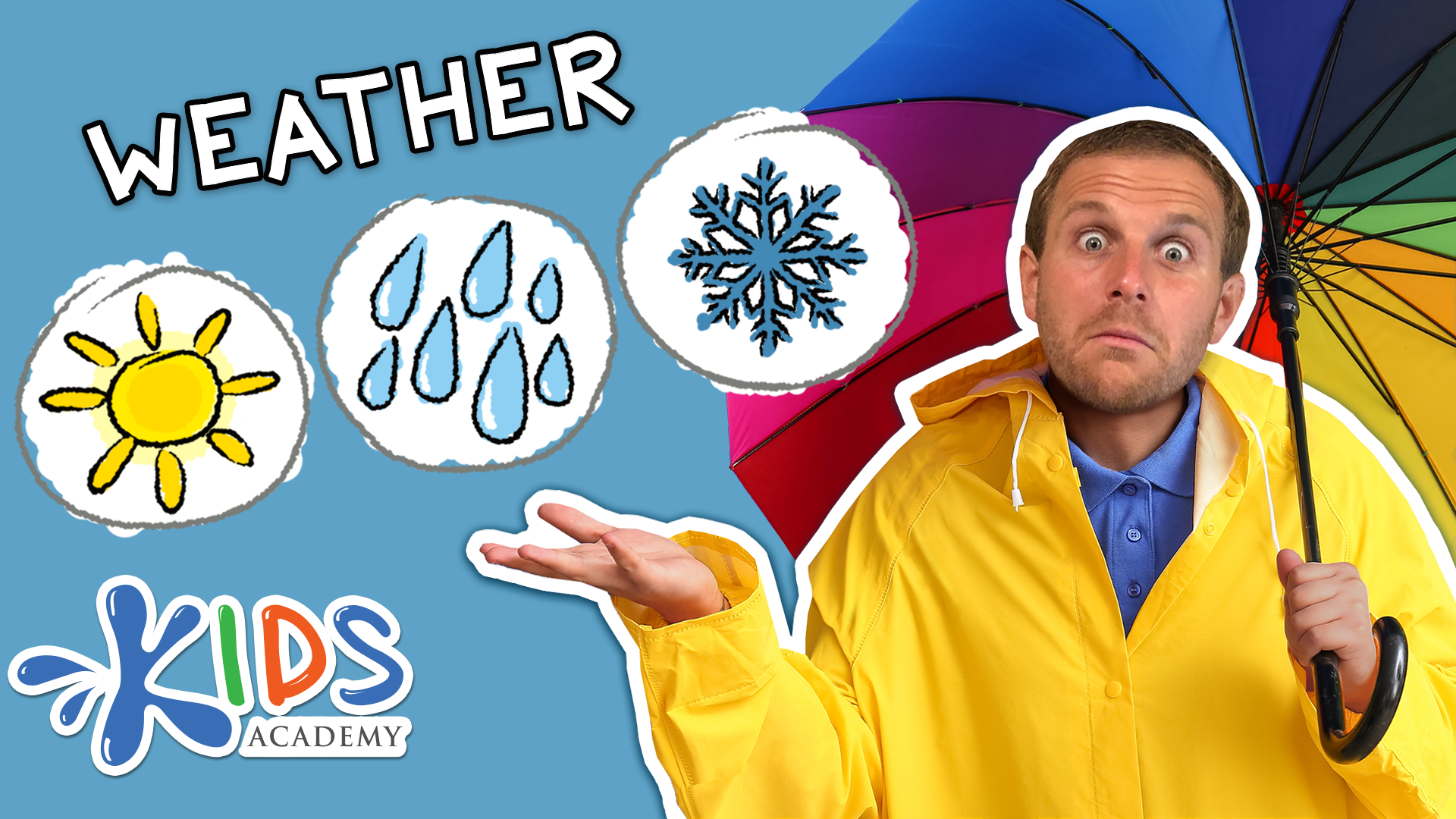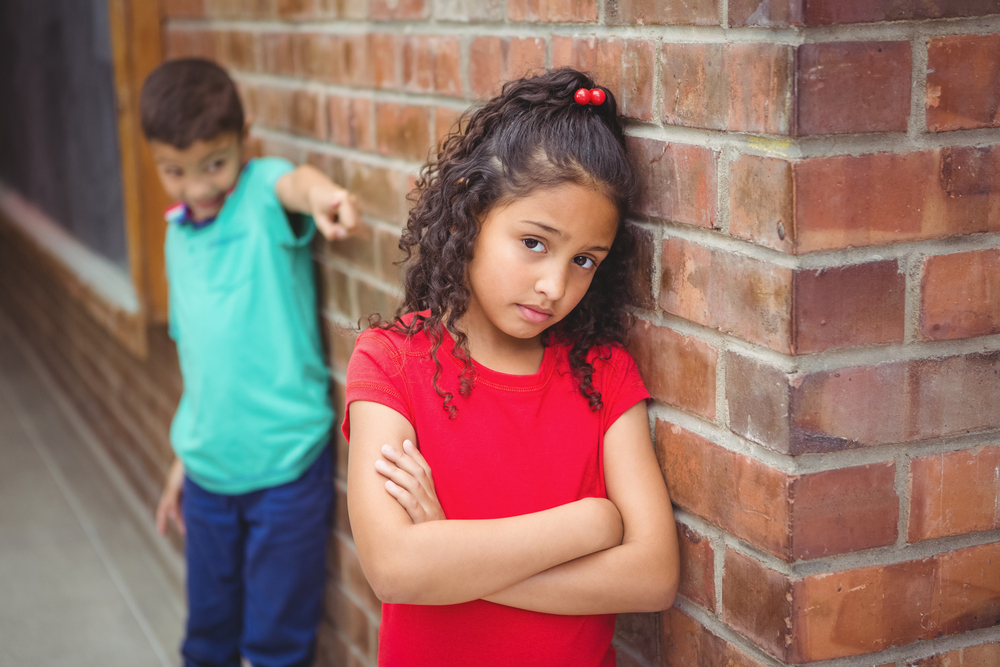Critical thinking development Extra Challenge Worksheets for Ages 3-9
6 filtered results
-
From - To
Welcome to our "Critical Thinking Development Extra Challenge Worksheets" designed for children aged 3-9! These engaging worksheets aim to nurture essential problem-solving skills, enhance creativity, and promote logical reasoning. Each activity encourages young minds to think independently, analyze situations, and make decisions confidently. Tailored to meet developmental milestones, our worksheets are user-friendly and can be easily integrated into home or classroom settings. Parents and educators alike will find a wealth of resources that keep learning fun and interactive. Empower your child’s critical thinking skills today with our stimulating printables, paving the way for a bright and successful future!
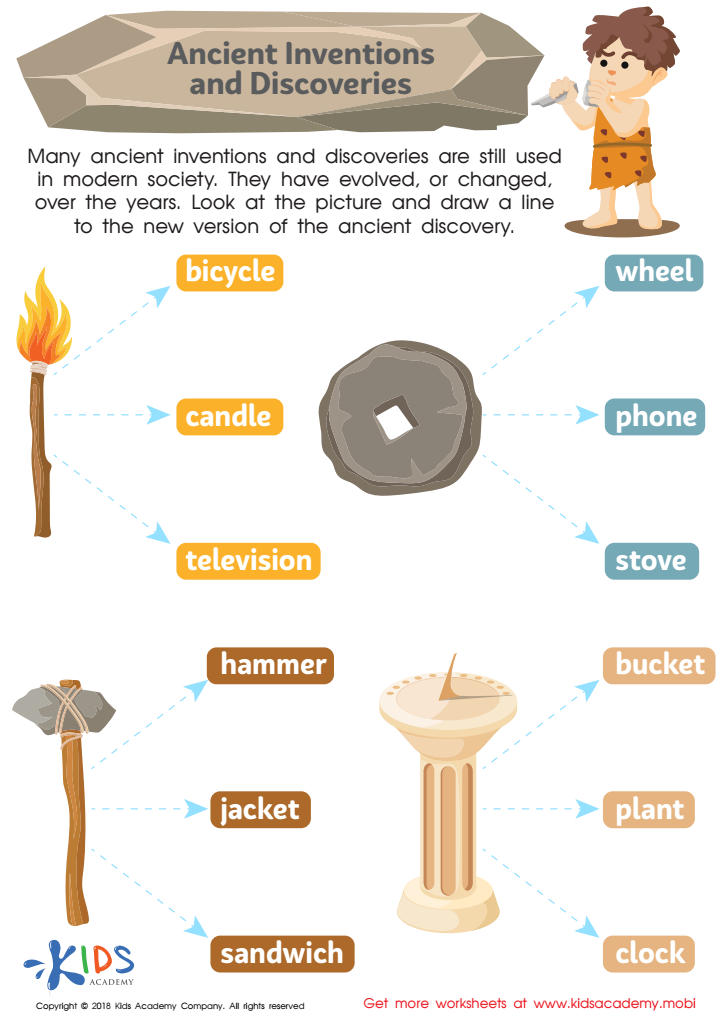

Ancient Inventions and Discoveries Worksheet
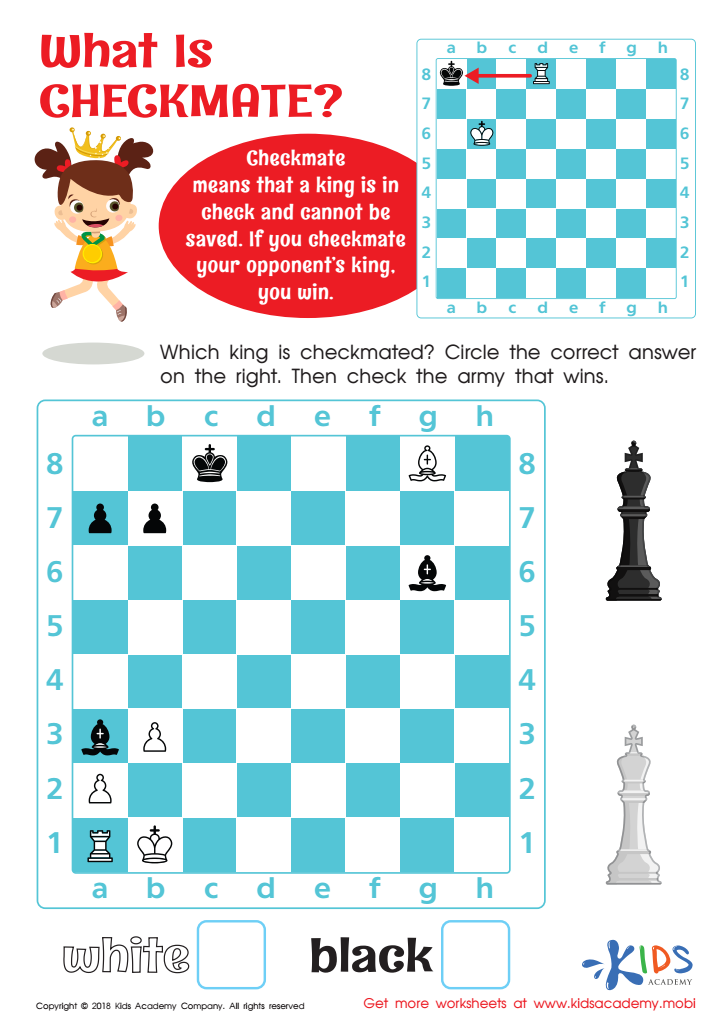

What is Checkmate? Worksheet
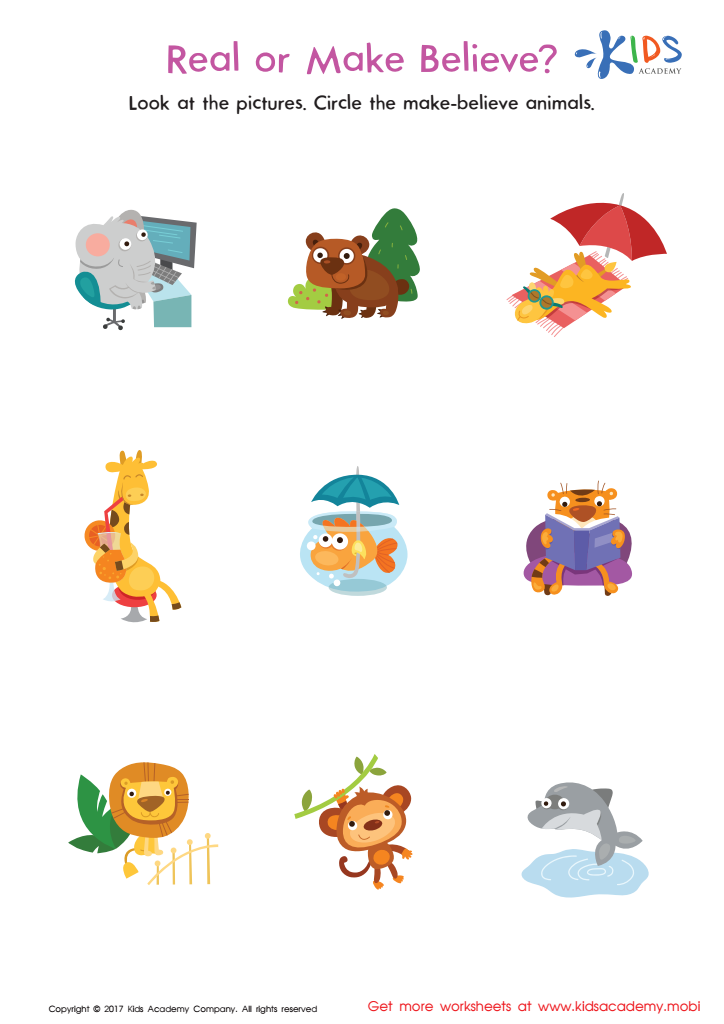

Fact or Make Believe Worksheet
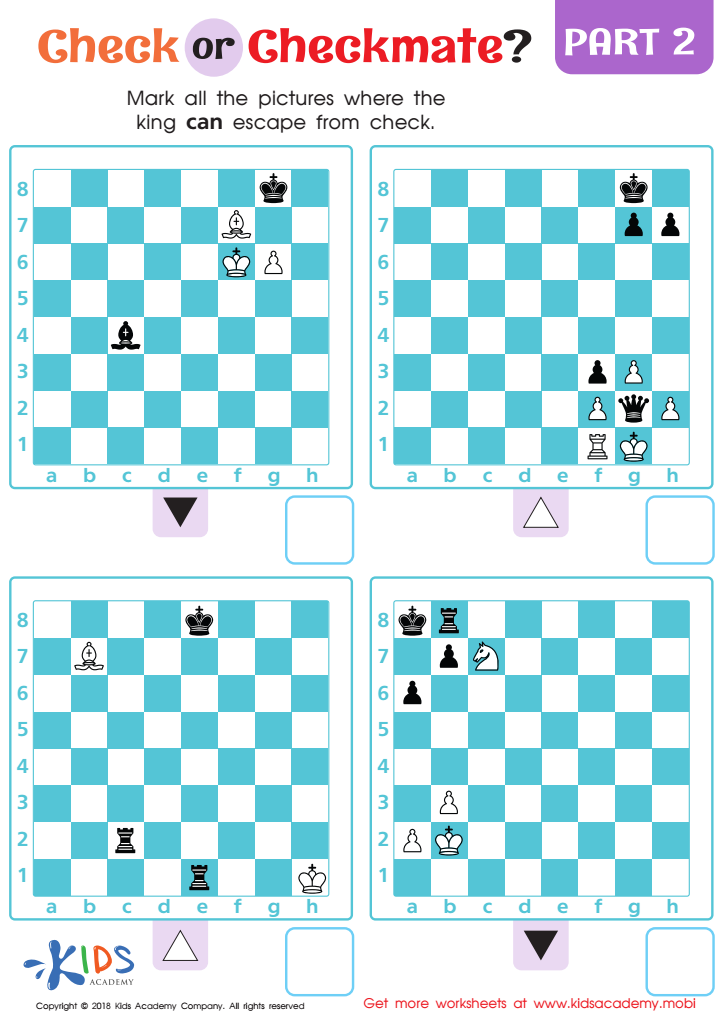

Check or Checkmate: Part 2 Worksheet
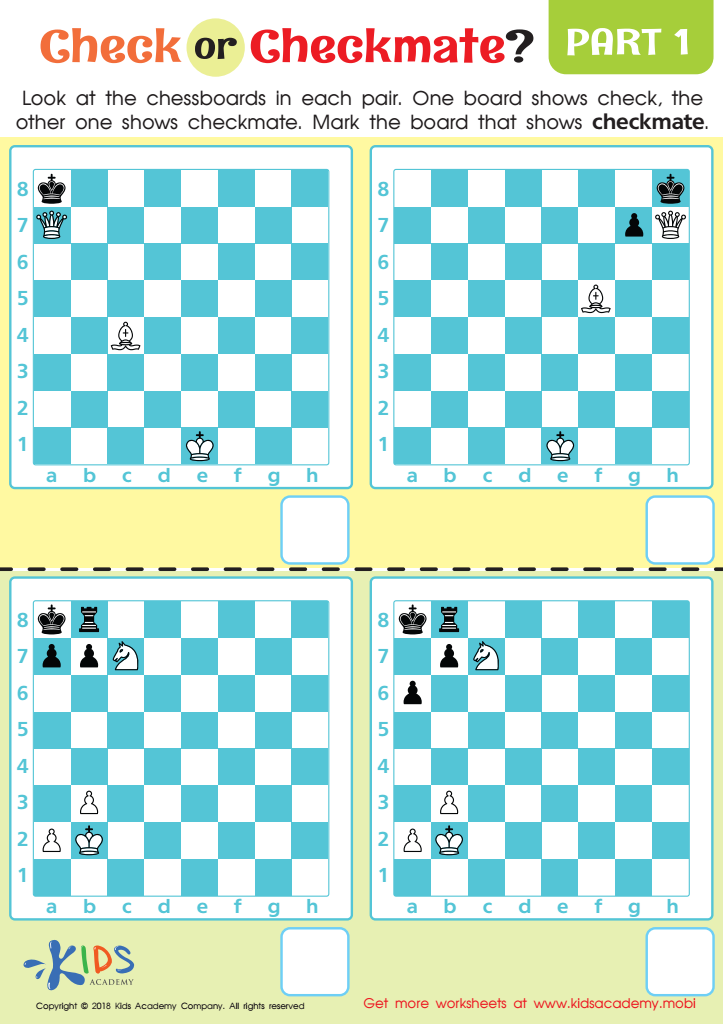

Check or Checkmate: Part 1 Worksheet
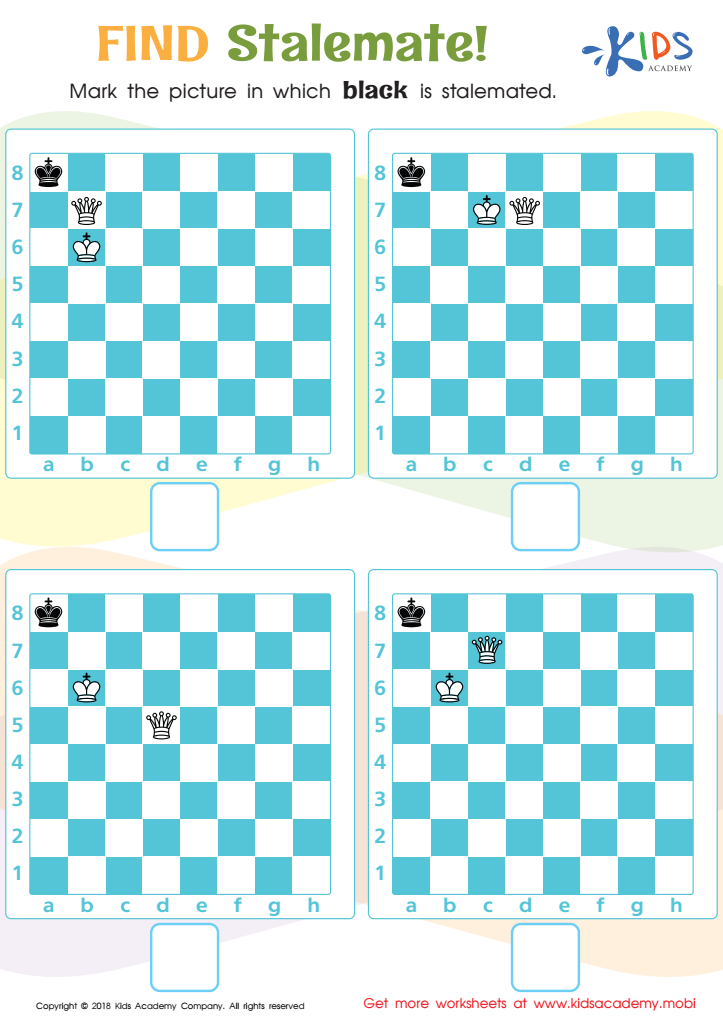

Find Stalemate! Worksheet
Critical thinking development is crucial for children aged 3-9, laying the foundation for their future learning and problem-solving abilities. Parents and teachers should care about nurturing critical thinking for several reasons. First, it enhances cognitive skills, helping children analyze information, discern relevance, and make informed decisions. This mental agility prepares them for complex tasks they will encounter in school and later in life, fostering academic success and adaptability.
Furthermore, encouraging critical thought promotes creativity and imagination. By allowing children to explore ideas, ask questions, and challenge norms, they develop innovative problem-solving skills that are essential in an ever-changing world.
Social skills also flourish through critical thinking development. Engaging in discussions offers children the chance to share perspectives, practice empathy, and learn collaboration, all of which are vital in building healthy relationships.
Moreover, early development of critical thinking instills confidence and independence, as children become comfortable expressing their opinions and confronting challenges.
Ultimately, fostering critical thinking not only elevates academic performance, but also promotes self-directed learners who can navigate complexities and uncertainties, preparing them for their roles as responsible, informed citizens in society. Parents and teachers play a pivotal role in guiding this essential skill development.

 Assign to My Students
Assign to My Students







